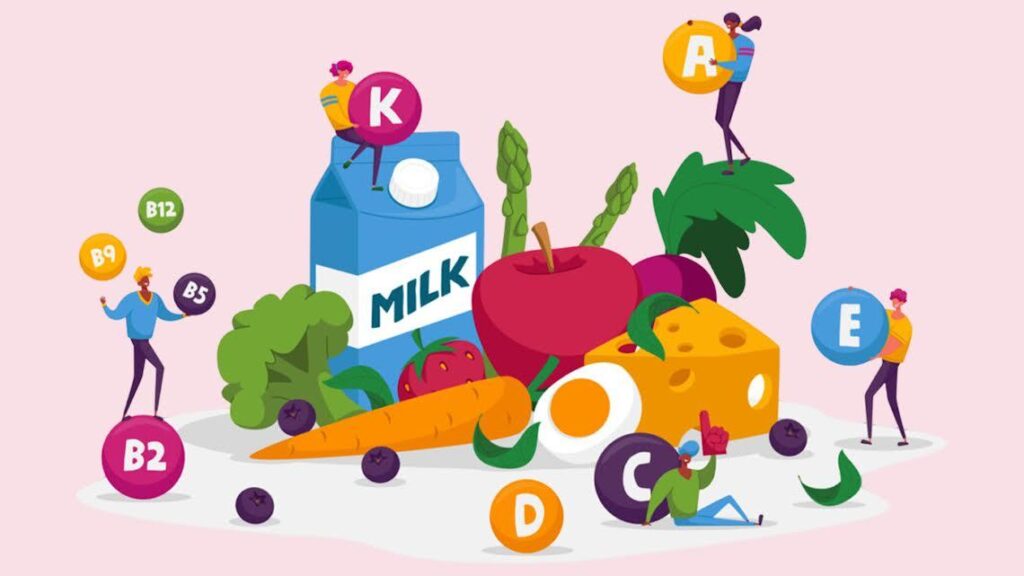
Stress has become a defining feature of modern living—particularly in Asia. In 2023, 88% of Singaporeans reported feeling stressed, up from 84% the year before (Cigna, 2023). In Hong Kong, over 60% of adults report daily stress, often driven by financial or political instability (HKU Public Opinion Programme, 2024). Alongside this, antidepressant use (in HK) has reached one of the highest rates in Asia, underscoring the growing toll of chronic stress on mental health (Wong et al, 2023).
Despite these figures, many continue to normalize fatigue, anxiety, and disrupted sleep as the cost of high performance. But when these signs are left unchecked for too long, they often evolve into long-term issues—impacting not just our physical state, but our mental health, cognition, and emotional stability.
In integrative health, this physiological shift is often described as adrenal fatigue, a term coined by Dr. James Wilson (2001) to explain how chronic stress can gradually impair hormonal balance. While the term isn’t formally recognized in conventional medicine, the underlying process—known as HPA (hypothalamic-pituitary-adrenal) axis dysregulation—is well-supported in stress physiology research (Charmandari et al., 2005).
The Three Stages of HPA Axis Dysfunction
The HPA axis is your body’s central stress-response system, orchestrating the release of cortisol. When stress becomes prolonged, the system begins to falter.
Stage 1 – Wired but Tired (Hyper-Cortisol)
Cortisol remains elevated, particularly in the evening. You may feel alert yet agitated, with light sleep, racing thoughts, and mounting anxiety.
Stage 2 – Cortisol Rollercoaster (Dysregulated Output)
Cortisol rhythms become unpredictable. You might feel foggy in the morning and anxious at night. Emotional reactivity and poor focus are common.
Stage 3 – Flatlined and Burned Out (Hypo-Cortisol)
Eventually, cortisol drops. Even minor stressors feel overwhelming. Motivation dips, and symptoms such as emotional numbness, brain fog, and low mood become more prominent. These shifts don’t just affect energy—they deeply impact mental health, often mimicking signs of depression or cognitive burnout (Grossi et al., 2021).
The key takeaway? While physical exhaustion is obvious, the emotional effects—like irritability, anxious thinking, and low resilience—often linger longer and strike deeper.
Why Nutrition Plays a Central Role in Mental Wellness
In both clinical and integrative settings, nutrition is increasingly recognized as a foundational pillar in recovery—not just for physical health, but for mental health and emotional well-being.
The brain and adrenal glands require a steady supply of nutrients to produce neurotransmitters like serotonin and dopamine, regulate blood sugar (which influences mood), and sustain daily energy. A review of over 2,000 recovery cases found that nutritional therapy consistently supported better emotional regulation and psychological resilience (Guilliams, 2015).
A separate study showed that diets rich in essential micronutrients were associated with more stable cortisol rhythms, reduced anxiety symptoms, and improved sleep—especially in high-stress populations.

Nutrients That Support Mental and Physical Resilience
Healing begins not with pushing harder, but with replenishing what’s missing. Followings are the key nutrients to supporting both physiological recovery and mental health:
- Vitamin C: Essential for cortisol synthesis and reducing oxidative stress. It also supports immune and neurotransmitter function. Food: kiwi, citrus fruits, and bell peppers.
- B Vitamins (B5, B6, B12): Crucial for adrenal function and the production of serotonin, dopamine, and GABA—neurotransmitters that regulate mood and emotional calm. Food: eggs, legumes, leafy greens, and meats.
- Magnesium: Calms the nervous system and regulates excitatory brain activity. Deficiency has been linked with anxiety and sleep disruption. Food: spinach, pumpkin seeds, and beans.
- Zinc: Supports immune function and HPA regulation. Low levels are associated with poor mood and cognitive performance. Food: oysters, beef, and seeds.
- Adaptogens (Ashwagandha, Rhodiola): These botanicals have been shown to reduce cortisol spikes and enhance emotional resilience when used appropriately under professional guidance.
Rather than separating food and supplements, recovery should focus on a unified nutrition strategy. Nutrient-dense meals stabilize blood sugar (reducing emotional highs and lows), while targeted supplementation may help fill gaps during periods of intense stress or depletion.
Final Thoughts: Mental Health Begins in the Body
Chronic stress isn’t just a lifestyle issue—it’s a mental health concern, driven by biochemical imbalances that affect everything from memory and mood to motivation and sleep. While therapy, mindfulness, and rest are essential tools, they’re far more effective when the body has the nutrients it needs to support healing.
If you’re finding it harder to concentrate, manage your emotions, or feel like yourself, it might not just be stress—it could be a deeper nutritional imbalance affecting your mental health.
Recovery isn’t about quick fixes. It’s about restoring the foundation that keeps your mind sharp, your mood stable, and your body resilient. Mental health isn’t only what happens in your head—it’s deeply connected to how your body is functioning. And the healing begins when we nourish both.
Photo Credits:
First image: lemono
Second image: a_namenko
References
Cigna. (2023). Cigna 360 Global Well-Being Survey: The state of well-being 2023. Cigna International Markets
HKU Public Opinion Programme. (2024). Survey on daily stress levels among Hong Kong residents. The University of Hong Kong.
Wong, S. M. Y., Hui, C. L. M., & Chang, W. C. (2023). Escalating antidepressant use in Hong Kong post-COVID-19: A public health crisis. The Lancet Regional Health – Western Pacific, 34, 100713.
Charmandari, E., Tsigos, C., & Chrousos, G. (2005). Endocrinology of the stress response. Annual Review of Physiology, 67, 259–284.
Grossi, G., Perski, A., Osika, W., & Savic, I. (2021). Stress-related exhaustion disorder—Clinical manifestation of burnout? Frontiers in Psychology, 12, 628602.
Guilliams, T. G. (2015). The role of stress and the HPA axis in chronic disease management. Point Institute White Paper Series.
Juster, R. P., McEwen, B. S., & Lupien, S. J. (2010). Allostatic load biomarkers of chronic stress. Neuroscience & Biobehavioral Reviews, 35(1), 2–16.
Wilson, J. L. (2001). Adrenal Fatigue: The 21st Century Stress Syndrome. Smart Publications.

Cavan Chan
About the author
Cavan Chan is a sleep and performance coach with expertise in functional medicine and nutrition. He creates personalized wellness plans for clients, focusing on sleep hygiene, stress management, nutrition, and lifestyle changes to improve sleep and cognitive performance. Cavan also leads corporate experiential workshops that equip teams with actionable strategies to manage stress effectively and enhance workplace performance, empowering individuals to handle stress proactively.
Recently Added
In today’s times, health is being acknowledged as physical as well as mental. Mental wellbeing became a part of the WHO’s constitution …
Generation Z, popularly known as Gen-Z, is the class of individuals born between 1996 and 2010. These individuals were born directly into …
As most of us are aware, LGBTQ+ is an acronym for lesbian, gay, bisexual, transgender, queer, and other gender and sexual minorities. …




